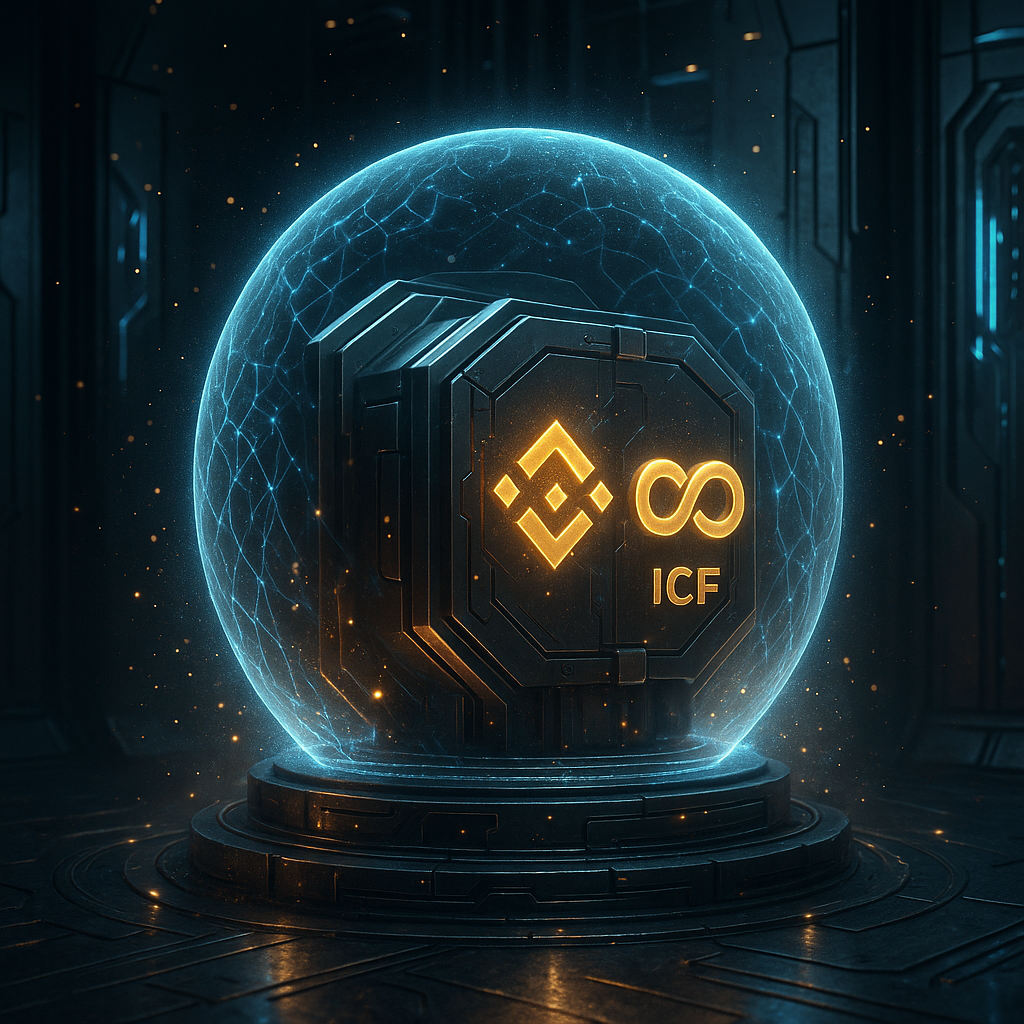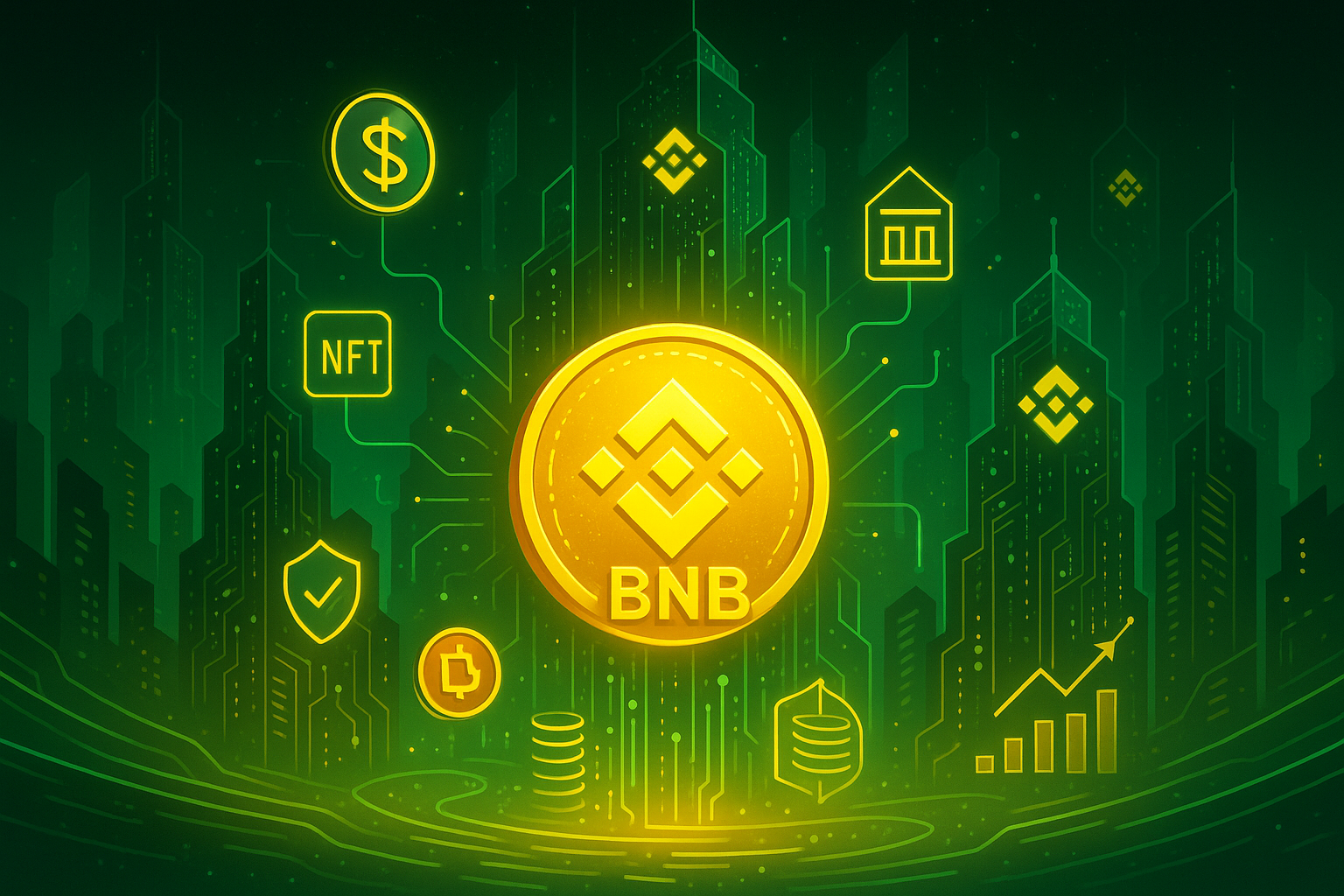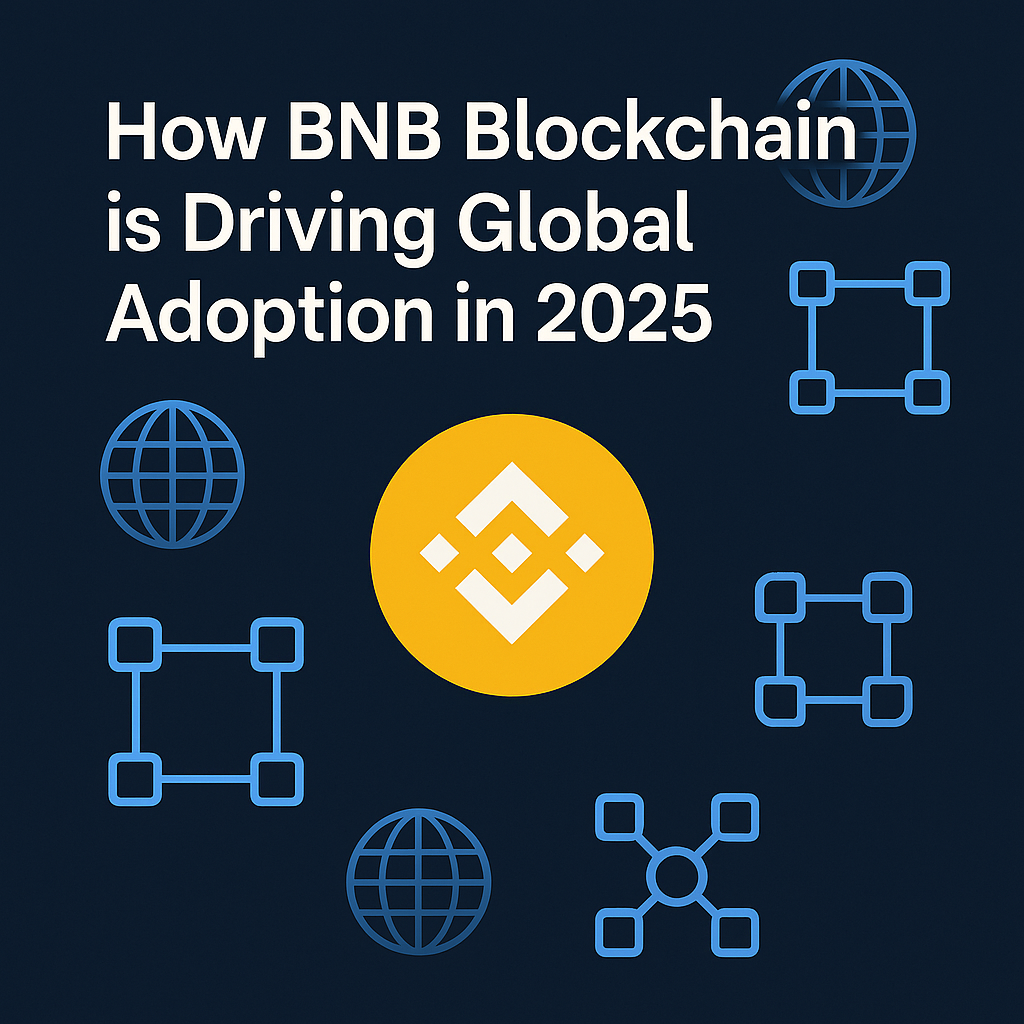
Why Supply Chain Tokenization Matters Now
A typical purchase order passes through manufacturers, freight forwarders, customs, distributors, and retailers—each maintaining different ledgers. The result: reconciliation delays, trapped working capital, and limited auditability. BNB Chain addresses this by making every logistics milestone an on-chain event and every document a programmable asset. When invoices, bills of lading, and warehouse receipts become tokens, they can be financed, fractionalized, and settled instantly across global participants.
The BNB Chain Advantage
BNB Chain’s throughput and EVM compatibility let enterprises deploy quickly while integrating with existing Web3 tooling. Smart contracts define ownership, custody, quality checks, insurance, and financing rights across the asset’s lifecycle. Combined with oracles and IoT, each token embeds trustworthy metadata: temperature logs for perishable goods, GPS waypoints for containers, and digital signatures from inspectors.
Key Capabilities
- Low-latency settlement: Reduce days-sales-outstanding by turning receivables into liquid on-chain assets.
- Composable finance: Route tokenized invoices into DeFi pools for dynamic, market-driven pricing.
- Verifiable provenance: Immutable trails across manufacturing, shipping, warehousing, and retail.
- Programmable compliance: Embed sanctions screening, Incoterms logic, and ESG attestations.
What Gets Tokenized?
1) Inventory Receipts
Warehouse receipts and packing lists become collateralizable tokens. Insurers and lenders can subscribe to event feeds (arrival, quality control, claim filings), adjusting risk premiums in real time.
2) Invoices & Purchase Orders
Receivables are minted as Invoice Tokens, discounted by liquidity providers or staked by communities that want local SMEs to thrive—settling instantly on delivery confirmation.
3) Bills of Lading & eBL
Title and custody are represented on-chain; transfer of token equals transfer of title, eliminating paper fraud and courier delays.
4) ESG & Carbon Attributes
Carbon intensity, renewable energy certificates, and fair-trade proofs are attached to the product token, enabling premium markets and automated sustainability reporting.
The Infinity Cardano (ICF) Synergy
Infinity Cardano (ICF) extends the BNB Chain tokenization narrative with a community-aligned utility token designed for real-world impact.
- Supply: Fixed 1B ICF.
- Utilities: staking, DAO governance, NFT rails, agriculture finance, green energy, education, and e-commerce programs.
- Optional Tokenomics: adjustable 0–3% tax (Marketing, Treasury, Burn) as policy levers when needed.
- Liquidity: locked until 2027 for investor confidence and reduced volatility.
- TGE: December 25, 2025—aligning roadmap milestones with real-world integrations.
In supply chains, ICF can power DAO-curated supplier registries, stake-based quality assurance pools, and community-funded pre-shipment financing. ICF staking can underwrite risk tranches, while DAO votes adjust risk parameters, fees, and ESG incentives for high-integrity vendors.
Architecture: From Devices to DeFi
| Layer | Component | Role in Tokenization |
|---|---|---|
| Data Capture | IoT sensors, mobile scanners | Emit temperature, GPS, batch IDs, photos; sign with device keys. |
| Oracle & Attestation | BNB Chain oracles, verifiable credentials | Bridge events on-chain; attach inspector/ISO attestations to tokens. |
| Asset Tokens | ERC-20/721/1155 hybrids | Represent invoices, receipts, lots, and sustainability attributes. |
| Finance | DeFi pools, ICF staking | Provide liquidity, price risk, and reward transparent performance. |
| Governance | ICF DAO | Set onboarding standards, dispute rules, and ESG incentives. |
Use Cases with ICF-Driven Incentives
Perishable Foods (Cold Chain)
Each pallet is a token. If sensors confirm cold-chain integrity, ICF-backed rebates unlock at delivery. Disputes go to an ICF DAO arbitrator pool, funded by treasury and staking yields.
Electronics & Anti-Counterfeit
NFTs bind serial numbers to cryptographic provenance. Authorized service centers update repair logs on-chain. Retailers can query authenticity in seconds, improving warranty economics.
Fair-Trade Agriculture
Farmer cooperatives tokenize harvest receipts and access ICF-fueled microfinance. Carbon attributes (soil, fertilizer, transport) ride along the same token, enabling premium pricing and BNB Chain marketplace settlement.
Risk, Compliance, and Controls
- Fraud prevention: single-source-of-truth tokens prevent double financing.
- KYC/KYB: verifiable credentials for counterparties; DAO-approved auditors.
- Programmable escrow: milestone-based release of funds reduces delivery risk.
- Privacy: selective disclosure via hashed docs and permissioned data rooms.
Economics: Turning Workflows into Yield
Financing costs drop as markets price risk from verified operational data. Liquidity providers earn fees, while ICF stakers receive boosted rewards when underwriting high-quality routes (on-time delivery, low damage rates, verified ESG). Manufacturers benefit from faster cash conversion cycles; investors get diversified exposure to real-economy flows.
Implementation Blueprint (BNB Chain × ICF)
- Onboard counterparties with verifiable credentials and DAO-approved policies.
- Map documents to tokens (PO, invoice, eBL, warehouse receipt) with metadata schemas.
- Integrate IoT/oracles to stream signed events (location, quality, custody).
- Deploy liquidity modules: invoice discounting pools with ICF staking multipliers.
- Automate compliance via smart rules (Incoterms, sanctions, ESG attestations).
- Bridge to marketplaces for auctioning receivables and carbon attributes.
The Road Ahead
With BNB Chain’s performance and ICF’s community-first design, supply chains evolve from opaque paperwork to programmable, investable assets. The winners will be networks that unite verifiable data, fair pricing, and aligned incentives. That is exactly where BNB Chain tokenization and the Infinity Cardano ecosystem meet.








